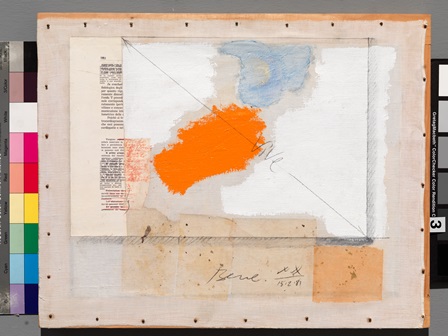When Mistake Rolls up Its Sleeves and Becomes Slang
DOI:
https://doi.org/10.13130/2035-7680/8302Parole chiave:
slang, contemporary English, morphology, ‘mistake’ semantic areaAbstract
This study explores the semantic area of ‘mistake’ in contemporary English, with a special focus on slang in general English dictionaries (e.g. OED) and dictionaries of modern slang (e.g. Green 2010/2016, Urban Dictionary 1999-2016). While the ‘mistake’ area already abounds in standard lexical items concerning misconceptions, misunderstandings, errors of judgement, gross mistakes, or even blunders, the negative connotations that it entails are even more evident in slang. Slang items designating ‘mistake’ range from regular formations, such as the compound party foul or the derived word floater, to extra-grammatical words, such as clippings (e.g. boob ← booby), acronyms (e.g. snafu ← situation normal, all fucked up), reduplicatives (e.g. boo-boo), and even to rhyming slang (e.g. penny banger for ‘clanger’) (Mattiello 2008, 2013). The origin of these items is often specialised or restricted to small speech communities – e.g. military world, theatre, students’ campus – but their use has extended to common language nowadays. The study both investigates the morphological peculiarities of slang items of the ‘mistake’ area, and shows how they are often tinged with offensiveness, vulgarity, and rudeness due to their semantic associations to negative, vulgar or abusive standard meanings. Diachronically, the emphasis is on the twentieth and twenty-first centuries.




